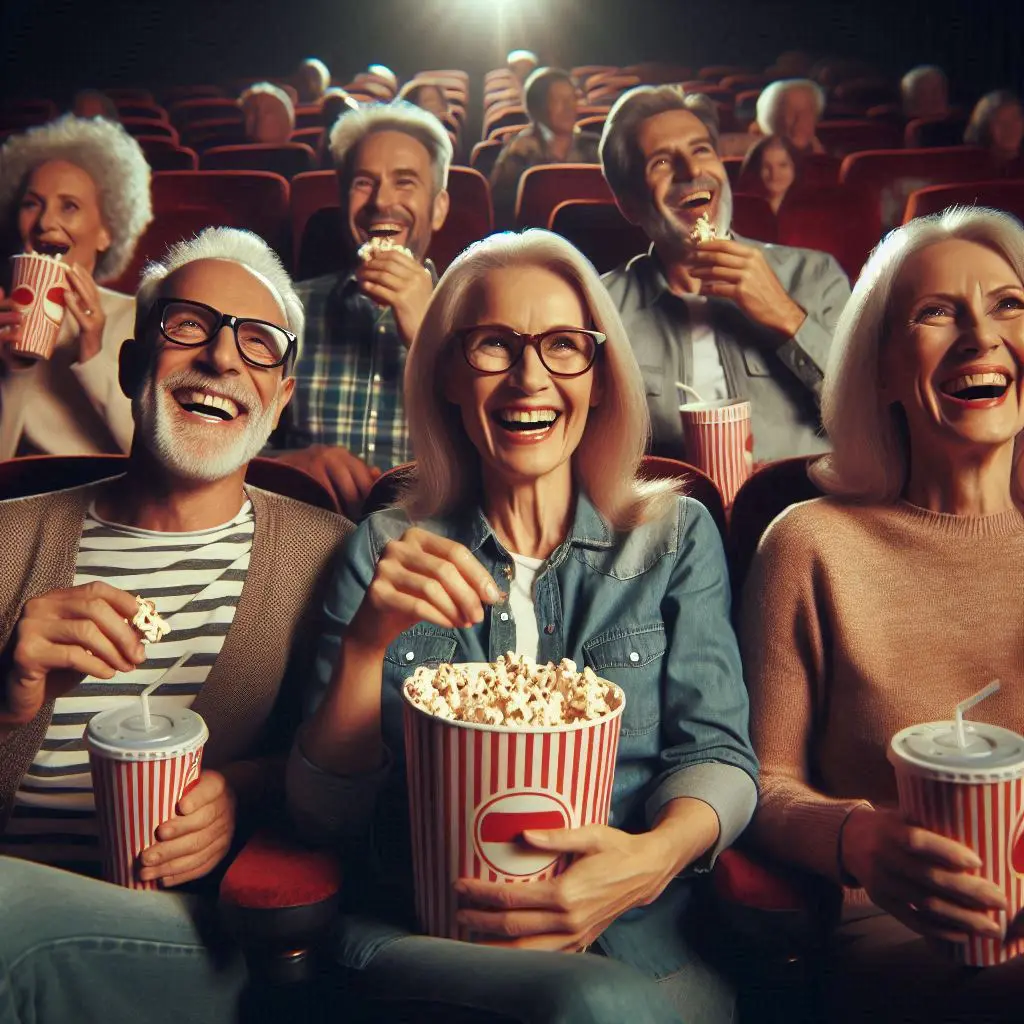
Let’s take a walk down memory lane and explore the world of Baby Boomer movies. These films are more than just Entertainment; they are cultural artifacts that capture the essence of an era. From the 1940s to the 1980s, Baby Boomer movies have shaped the way we perceive storytelling, characters, and cinema itself.
Baby Boomer movies are films that resonated deeply with the Baby Boomer Generation, typically those born between 1946 and 1964. These movies often reflect the social, political, and cultural changes that occurred during the mid-20th century. They are characterized by their strong narratives, memorable characters, and often, a sense of idealism or rebellion.
The themes in Baby Boomer movies are diverse, ranging from love and adventure to social justice and existential angst. Popular genres include drama, romance, action, science fiction, and comedy. These films often tackle complex issues such as war, civil rights, and the counterculture movement, making them poignant and thought-provoking.
Influential Directors and Producers
Directors like Steven Spielberg, Martin Scorsese, and Francis Ford Coppola were pivotal during this time. Their innovative approaches and willingness to tackle controversial subjects helped redefine modern cinema. Producers like George Lucas also played a crucial role in bringing epic stories to life, contributing to the rich tapestry of Baby Boomer movies.
Lines like “Here’s looking at you, kid” from “Casablanca” and “May the Force be with you” from “Star Wars” became part of the cultural lexicon. These quotes transcended their films, becoming catchphrases and cultural references that continue to resonate across generations.
Movies like “Grease” and “Saturday Night Fever” influenced fashion trends, with their costumes becoming iconic symbols of their respective eras. Costumes from films such as “Breakfast at Tiffany’s” became cultural touchstones, influencing fashion and style for years to come.
Drive-in theaters became a cultural phenomenon, providing a unique social and entertainment experience that was particularly popular among Baby Boomers. Drive-ins represented more than just a place to watch movies; they were a social gathering spot, a symbol of teenage freedom, and a nostalgic element of Baby Boomer culture. Drive-ins provided a place for family outings as well as many a first date.
Baby Boomer movies are more than just films; they are cultural landmarks that have shaped our understanding of storytelling and cinema. Their influence is seen in modern filmmaking techniques, thematic depth, and character development. These movies continue to be relevant, offering valuable lessons and timeless entertainment. By preserving and celebrating these films, we ensure that their Legacy endures, inspiring future generations of movie lovers and filmmakers alike.
Notifications